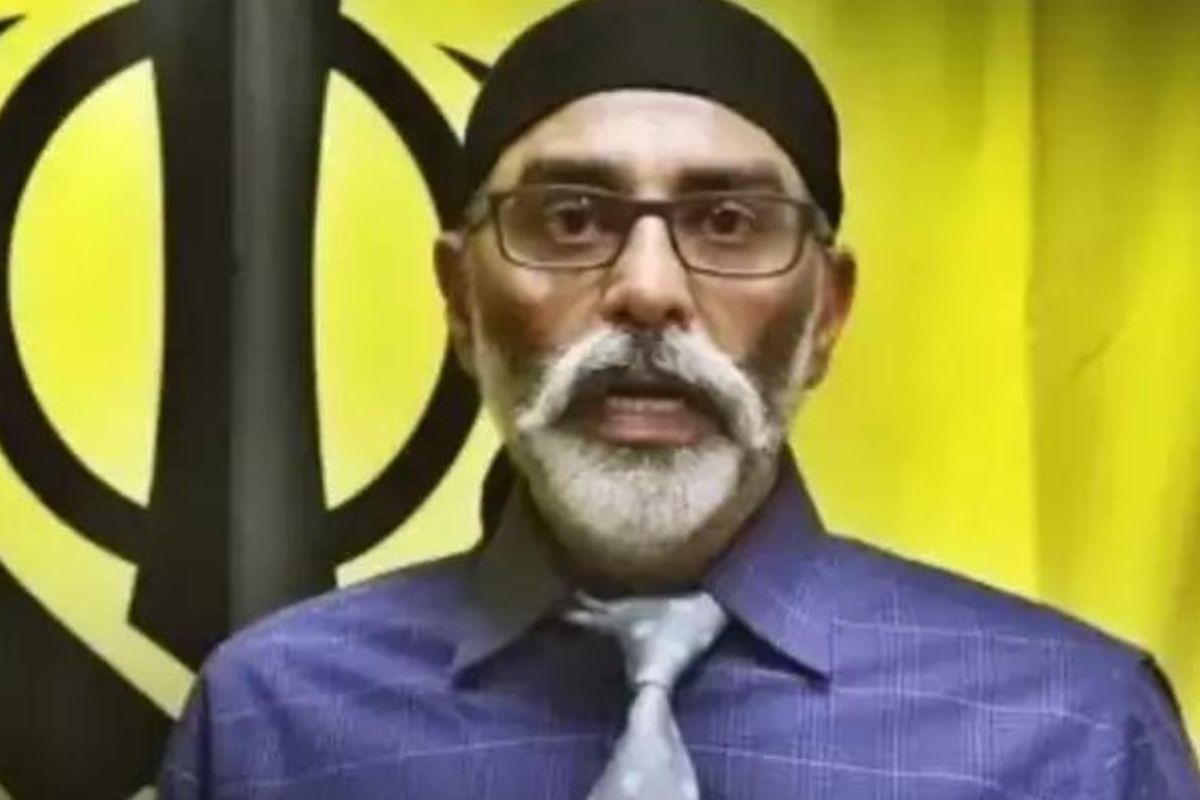Pannun assassination plot: US objects to providing defence material to Nikhil Gupta
The US said that it will provide the requested information to Gupta only after he appears in the court.
The final decision on his extradition is in the hands of Czech Republic Justice Minister Pavel Blazek.

Gurpatwant Singh Pannun
The Czech Republic High Court has ruled that Indian national Nikhil Gupta, who has been charged in the alleged plot to assassinate Khalistani terrorist Gurpatwant Singh Pannun in New York, can be extradited to the US.
The final decision on Gupta’s extradition, however, will be taken by the Czech Republic Justice Minister Pavel Blazek.
However, a timeframe on when he will actually be extradited to US is yet not finalised and Gupta is likely to take all the available steps to stop his extradition.
Advertisement
Described as a dreaded international narcotics trafficker by the US, Gupta was arrested by Czech Republican authorities in June last year when travelled to Prague.
The US Prosecutors in November last year charged him in an unsealed indictment in connection with the legend plot to assassinate the Khalistani terrorist wanted in India.
According to Czech Republic media reports, Gupta argued in the court that it was a case of mistaken identity and that he was not the man US was looking for.
The high court’s decision in Gupta’s extradition case can be challenged in the Czech Supreme Court.
The development comes days after the US government objected to Gupta’s request to provide him with defence material.
The US said that it will provide the requested information to Gupta, who remains in the custody of Czech Republic authorities, only after he appears in the New York court.
Gupta, through his lawyer, had filed a ‘Motion to Compel Production of Discovery’ on January 4 in the US District Court, Southern District of New York.
In his plea, he sought the court’s direction to federal prosecutors to provide him “the defence materials relevant to its ability to defend the instant charges.”
Following his request, the US District Court had given the government three days’ time to respond to the motion.
Responding to the court’s order, the US government said that his request should be denied during the pendency of his extradition proceedings in the Czech Republic.
Advertisement